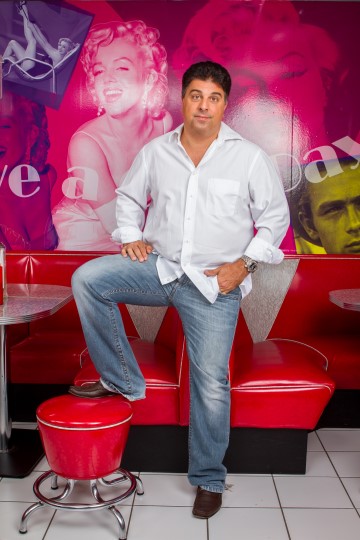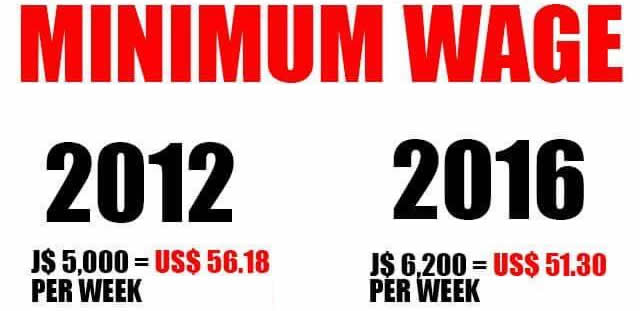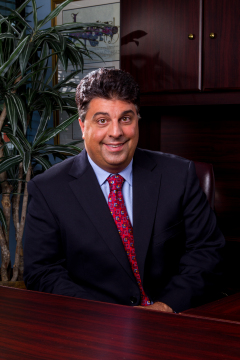A colleague of Sir Richard Branson Joe Issa, whose Cool Group business model has been likened to Sir Richard’s Virgin Group, was humoured by a photo of Branson posing with an employee sleeping on the job.

“This is funny! I was so amused when I saw the photo; it’s a great sense of humour displayed by Sir Richard, and the poor employee didn’t have a clue of what was going on as Sir Richard took pleasure in photo-bombing his sleep, much to the amusement of the air hostess in the background,” Issa recalls.
Issa, who has entertained Sir Richard, among a long list of celebrities, says “the best part of the joke is when Sir Richard woke him up, and when he looked and saw him, thought he was dreaming and went right back to sleep. I would like to see a video of that part,” says Issa, who is a mentor at the Branson Centre for Entrepreneurship – the Caribbean based in Montego Bay.
According to a Yahoo article, “It is never a good time to be caught napping by your boss – especially when that boss is the head of the entire company, which is just what happened to an unfortunate Virgin Australia worker who decided to take a nap on the job.
Richard Branson photobombs his employee sleeping on the job.
However, Branson is said to have seen the funny side and rather than shouting decided instead to grab a photo with him, much to the amusement of Flight attendants in the background.
“I popped into the office and the airport to say hello and check in to see what the teams are up to. This guy was not up to much at all. I caught him sleeping on the job! Wow, did he get a shock when I woke him up? He must have thought he was dreaming because he went straight back to sleep,” Branson is said to have later written on the company blog, adding, “To be fair, he was on standby, getting some much-needed rest. At least he was not asleep on the plane – that might have been less amusing.”













